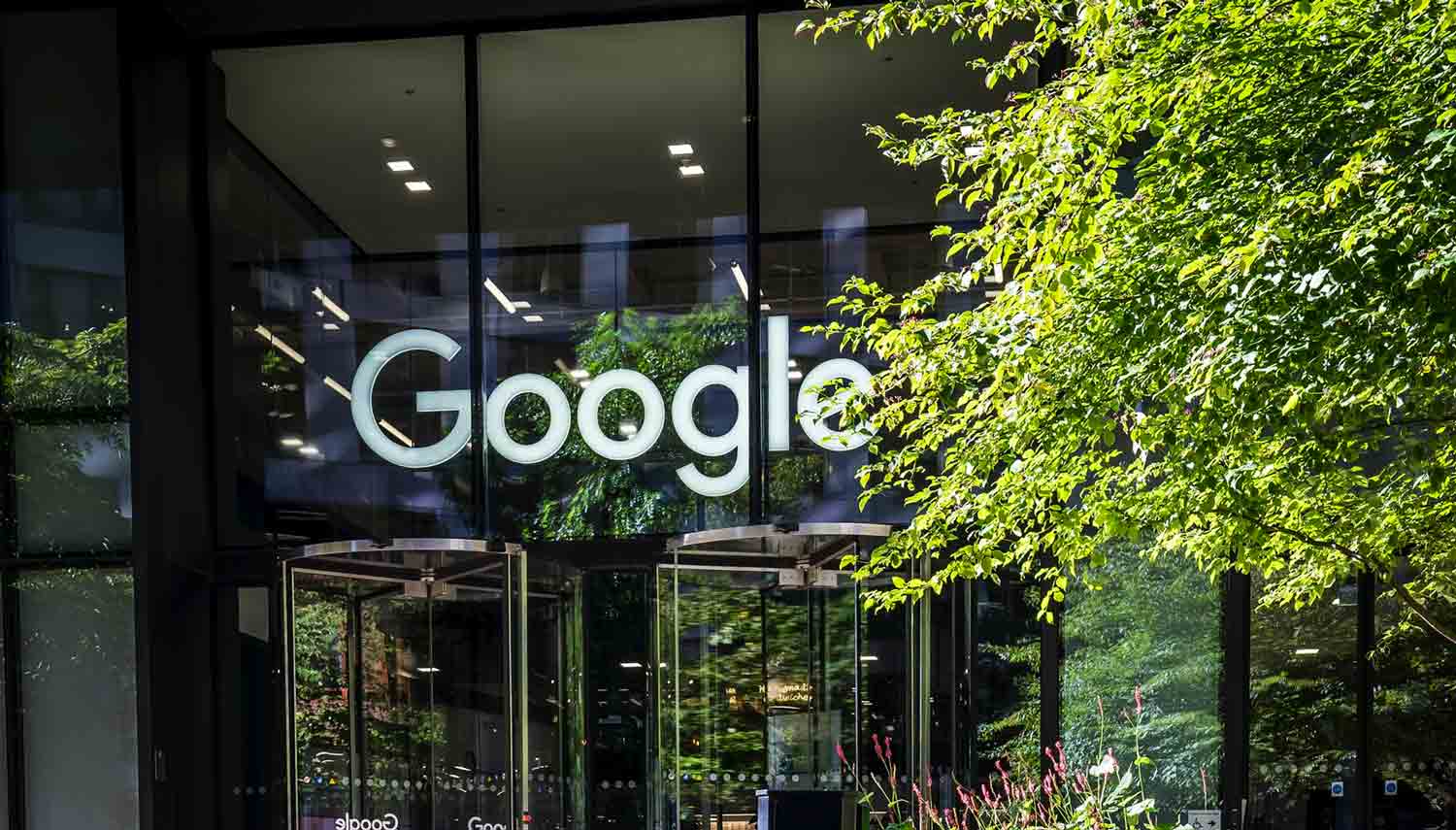

Artificial Intelligence (AI) robots are machines that are designed to perform tasks that mimic human behavior. They are revolutionizing several industries, including healthcare and manufacturing, and society is feeling both the positive and negative impacts.
One of the positive impacts of AI robots is the increase in efficiency and the reduction of labor costs. For instance, they can automate assembly line production and perform tasks too challenging, monotonous, or time-consuming for humans. In healthcare, they can aid in diagnosing patients and monitoring their vital signs, improving diagnosis accuracy while decreasing the overall cost of medical care.
On the flip side, there are negative impacts. The automation of jobs by these robots can lead to job losses, a reduction in the number of available jobs, and lower wages for employees that remain employed. Furthermore, their programming limits their creativity, innovation, and the quality of products and services produced.
Another concerning impact is the ethical and privacy issues that the infiltration of AI robots brings. AI robots are capable of collecting and storing large amounts of data about people’s lives. This data can end up being utilized to make important decisions such as granting loans or employment opportunities based on a person’s data. This process raises privacy and ethical concerns, as these robots may not make impartial decisions as humans would.
In conclusion, the impact of AI robots on society is a double-edged sword, presenting both negative and positive effects. Before implementing AI robots widely, critical thoughts need to be put into the potential impacts they may have on the community.
Related Posts




